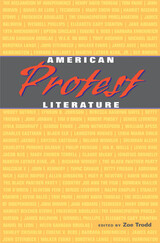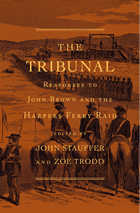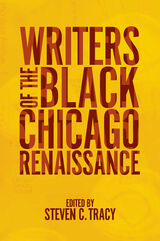

When John Brown led twenty-one men in an attack on the federal arsenal at Harpers Ferry on October 16, 1859, he envisioned a biblical uprising of millions of armed bondsmen, thus ridding the nation of the scourge of slavery. The insurrection did not happen, and Brown and the other surviving raiders were quickly captured and executed. This landmark anthology, which collects contemporary speeches, letters, newspaper articles, journals, poems, and songs, demonstrates that Brown’s actions nonetheless altered the course of American history.
John Stauffer and Zoe Trodd have assembled an impressive and wide-ranging collection of responses to Brown’s raid: Brown’s own words, northern and southern reactions, international commentary, and reflections from the Civil War and Reconstruction era. Represented here are all the figures one would expect to see (Lincoln, Thoreau, Frederick Douglass), many surprises (John Wilkes Booth, Karl Marx, Giuseppe Garibaldi), as well as free and enslaved blacks and white citizens. The result is a book that views Brown from multiple vantage points.
The Introduction describes the panic that Harpers Ferry created in the South, splitting the Democratic Party along sectional lines and altering the outcome of the 1860 presidential election. Without Brown, it speculates, the Civil War and emancipation would have been delayed by another four years—probably more—which in turn might have disrupted emancipation movements in Brazil, Cuba, and even Russia. The Tribunal is essential reading for anyone interested in the Civil War era and the history of social protest movements.

The volume covers a vast collection of subjects, including many important writers such as Richard Wright, Gwendolyn Brooks, and Lorraine Hansberry as well as cultural products such as black newspapers, music, and theater. The book includes individual entries by experts on each subject; a discography and filmography that highlight important writers, musicians, films, and cultural presentations; and an introduction that relates the Harlem Renaissance, the White Chicago Renaissance, the Black Chicago Renaissance, and the Black Arts Movement.
Contributors are Robert Butler, Robert H. Cataliotti, Maryemma Graham, James C. Hall, James L. Hill, Michael Hill, Lovalerie King, Lawrence Jackson, Angelene Jamison-Hall, Keith Leonard, Lisbeth Lipari, Bill V. Mullen, Patrick Naick, William R. Nash, Charlene Regester, Kimberly Ruffin, Elizabeth Schultz, Joyce Hope Scott, James Smethurst, Kimberly M. Stanley, Kathryn Waddell Takara, Steven C. Tracy, Zoe Trodd, Alan Wald, Jamal Eric Watson, Donyel Hobbs Williams, Stephen Caldwell Wright, and Richard Yarborough.
READERS
Browse our collection.
PUBLISHERS
See BiblioVault's publisher services.
STUDENT SERVICES
Files for college accessibility offices.
UChicago Accessibility Resources
home | accessibility | search | about | contact us
BiblioVault ® 2001 - 2024
The University of Chicago Press









